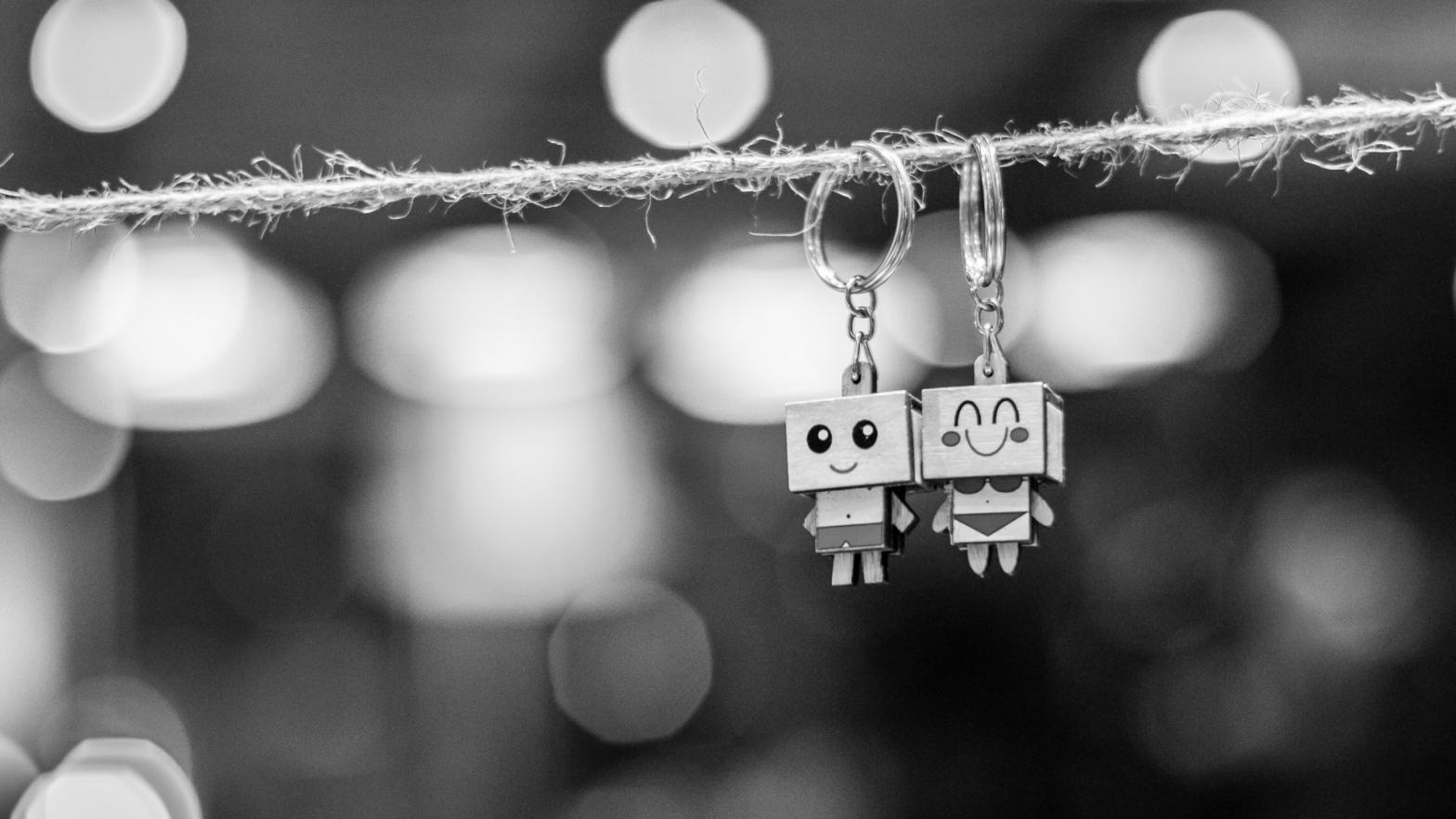Here I will share with you my way of “guessing” what kind of article, der, die or das, you should use in German with a given noun. It relies on the fact that we can determine the article by looking at the ending of the noun. All you have to do is memorize which endings go with which article, and then based on the associations, you will be able to determine what gender the newly learned noun has.
All nouns that end in -ung are feminine. This way I know that, for example, the word Überraschung (surprise) will have the article die. Similarly, all other nouns with the same ending will have the same article: die Unterhaltung (conversation), die Meinung (opinion), etc.
You can conclude that all you need to do is learn one example word for each ending and memorize what it combines with, and you’ll be able to determine the article of an infinite number of words by association! Keep in mind, however, that you won’t have time to think about the articles for a long time while carrying on a conversation. You will need some time to develop your intuition. Therefore, the best way to do this is to “memorize” a large number of such words, alone and in sentences, to automate these patterns in your head as much as possible. Only then will this method begin to work.
That’s not all. There is another way to learn the articles. In some cases we can divide nouns into thematic groups; for example, nouns related to time are usually masculine nouns (times of day, days of the week, months and seasons). You’ll learn more about this in a moment.
The last tip you should keep in mind when learning the articles concerns compound nouns. Compound nouns can seem difficult to us, by the fact that they can be really long. Despite this, determining their article is very easy. The article of a compound noun is always the same as the last noun in the compound. Let’s take die Hausaufgabe (homework) as an example. It is a combination of two words: das Haus (house) and die Aufgabe (task). The last noun is die Aufgabe, so the word Hausaufgabe will also have the article die. I encourage you to read my article on ways to learn German!
Masculine gender
Despite how it may seem, it is not very difficult to recognize masculine nouns in German. They take on very distinctive endings (e.g. -ig, -ing, -ent) or describe temporal phenomena such as times of day or seasons, or geographical names such as mountain peaks or lakes.
Feminine gender
As with masculine nouns, feminine nouns (i.e., with the article “die”) can also be recognized by their endings and types. They take on very distinctive endings (e.g. -heit, -keit, -ung) or describe nature, e.g. trees, fruits, rivers, flowers, and others.
Neuter gender
Nouns of the neuter gender, i.e. with the article “das,” are also subject to certain rules. They often take on distinctive endings (e.g. -chen, -lein, -ment) and are always used when adjectives or verbs are used as nouns (e.g. das Arbeiten, das Lernen).
Fun fact about articles
There are a few words in German that change their meaning depending on the article. However, there are not many of them. Here are some examples:
| German | English | German | English |
|---|---|---|---|
| der See | the lake | die See | the sea |
| das Steuer | the steering wheel | die Steuer | the tax |
| der Schild | the shield | das Schild | the sign |
| der Leiter | the leader | die Leiter | the ladder |
If you are interested in the use of articles in general, read our article ‘German articles: definite, indefinite and zero article‘.








